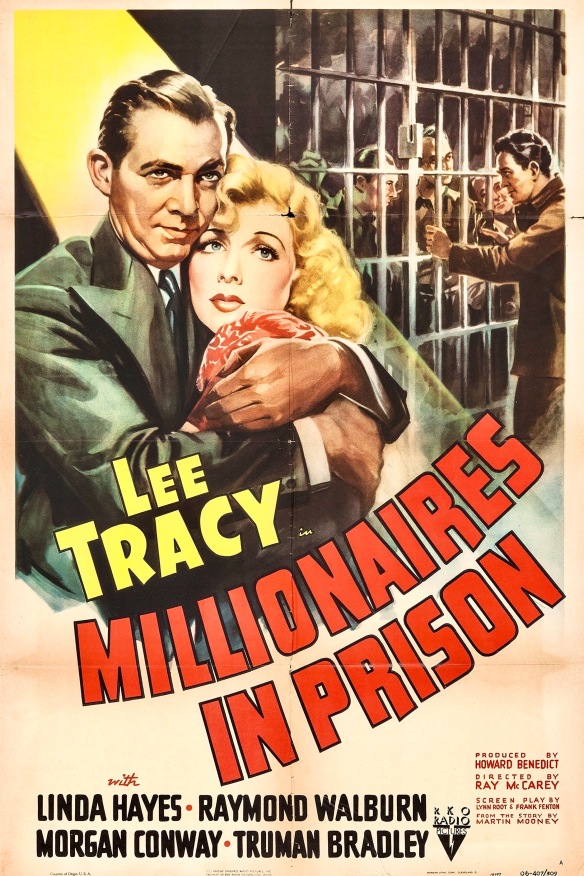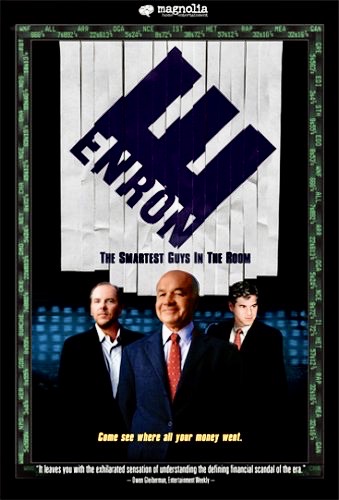
Most classic movie fans know that silent film star Lon Chaney was often associated with Tod Browning, who directed him in ten movies starting with The Wicked Darling (1919) and ending with Where East is East (1929). Among their most famous collaborations are the silent version of The Unholy Three (1925), The Unknown (1927) and London After Midnight (1927), which is now considered a lost film. Yet, two of Chaney’s most legendary roles were helmed by different directors. The Hunchback of Notre Dame (1923) was directed by Wallace Worsley and The Phantom of the Opera (1925) is credited to Rupert Julian; both films helped establish Chaney’s reputation for playing monstruous and tortured characters. What tends to be overlooked in his filmography is the fact that Chaney wasn’t always typecast as some kind of grotesque individual and Tell It to the Marines (1926), one of his biggest box-office hits for M-G-M, presents him as a gruff but patriotic Marine sergeant in a stirring romantic drama by director George W. Hill.
Continue reading


